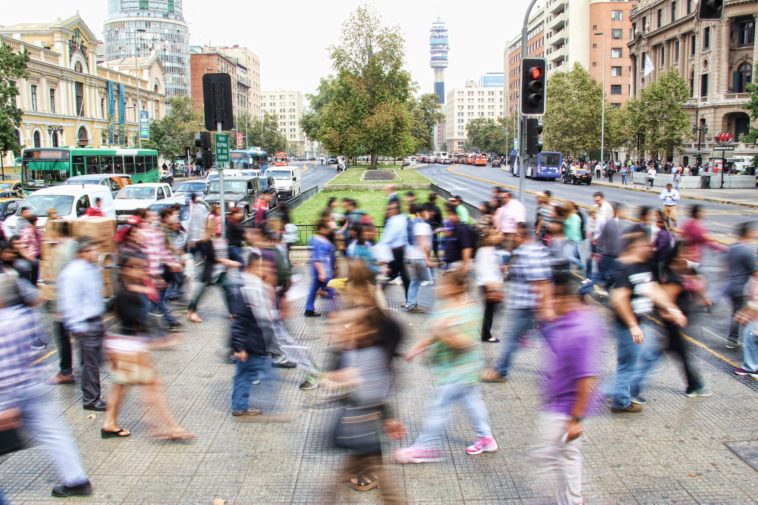Key Takeaways
- Lithuanians are a Baltic ethnic group, primarily based in Lithuania, with a significant diaspora worldwide.
- Lithuanian language and culture have ancient roots, with a distinct identity shaped through history.
- The nation has experienced shifts in territory and population due to historical events, including occupations and migrations.
- Lithuanians maintain strong cultural traditions, including language, religion, cuisine, and arts.
Whispers of Heritage: A Journey Through Lithuanian Legacy
Imagine walking through the dense, whispering forests of Lithuania, where each leaf seems to murmur tales of the past. I feel the crisp air, heavy with the scent of pine, as I explore the heartland of the Lithuanian people, a group bound by history and a profound sense of identity.
The story of Lithuanians is etched into the very soil of their homeland, a narrative of resilience and enduring tradition. They are the stewards of a language, Lithuanian, that is a living relic, a thread woven directly from the ancient fabric of the Indo-European family. It’s like holding a piece of history in your mouth, speaking words that ancestors uttered millennia ago.
My journey took an emotional turn in Vilnius, the capital, where the vibrant culture and tragic history of the Lithuanian Jews, or Litvaks, painted a complex picture of coexistence and loss. The echoes of the past are palpable in the old streets, where once a flourishing community contributed to the city’s dynamism.
The Lithuanian diaspora adds another layer to this rich tapestry. Like scattered seeds, Lithuanians have rooted themselves in diverse soils across the globe, from the bustling cities of the United States to the sun-drenched lands of Brazil, each community carrying a piece of the homeland in their hearts.
Cultural festivals, with their riotous blend of colors, sounds, and flavors, are windows into the Lithuanian soul. I reveled in the traditional dances, the haunting melodies of the kanklės, and the hearty feasts that speak of a deep connection to the land and its bounty.
Yet, the narrative of Lithuania is not just one of preservation but also of evolution. Modern Lithuanians navigate the complex currents of global identity, merging ancient traditions with contemporary life, proving that culture is not a static relic but a living, breathing entity.
In every shared story, every sung note, and every crafted dish, I sensed the indomitable spirit of the Lithuanian people, a testament to their enduring legacy and unbreakable bond with their heritage.
Frequently Asked Questions
- What defines the Lithuanian ethnic group?
Lithuanians are defined by their unique Baltic heritage, language, and customs, originating from Lithuania and forming a distinct ethnic and cultural group. - Where can significant populations of Lithuanians be found outside their homeland?
Significant Lithuanian diaspora communities are in the United States, United Kingdom, Brazil, Russia, and Canada, among others. - How has Lithuanian culture been preserved through history?
Despite historical challenges, Lithuanian culture has been preserved through the Lithuanian language, folk traditions, religious practices, and the resilience of its people, both in Lithuania and abroad. - What role does the Lithuanian language play in their cultural identity?
The Lithuanian language is central to their cultural identity, being one of the oldest languages in Europe and a key element connecting modern Lithuanians with their ancestral heritage. - How do Lithuanians celebrate their cultural traditions?
Lithuanians celebrate their cultural traditions through festivals, music, dance, traditional cuisine, and religious ceremonies, showcasing their rich heritage and communal bonds.





